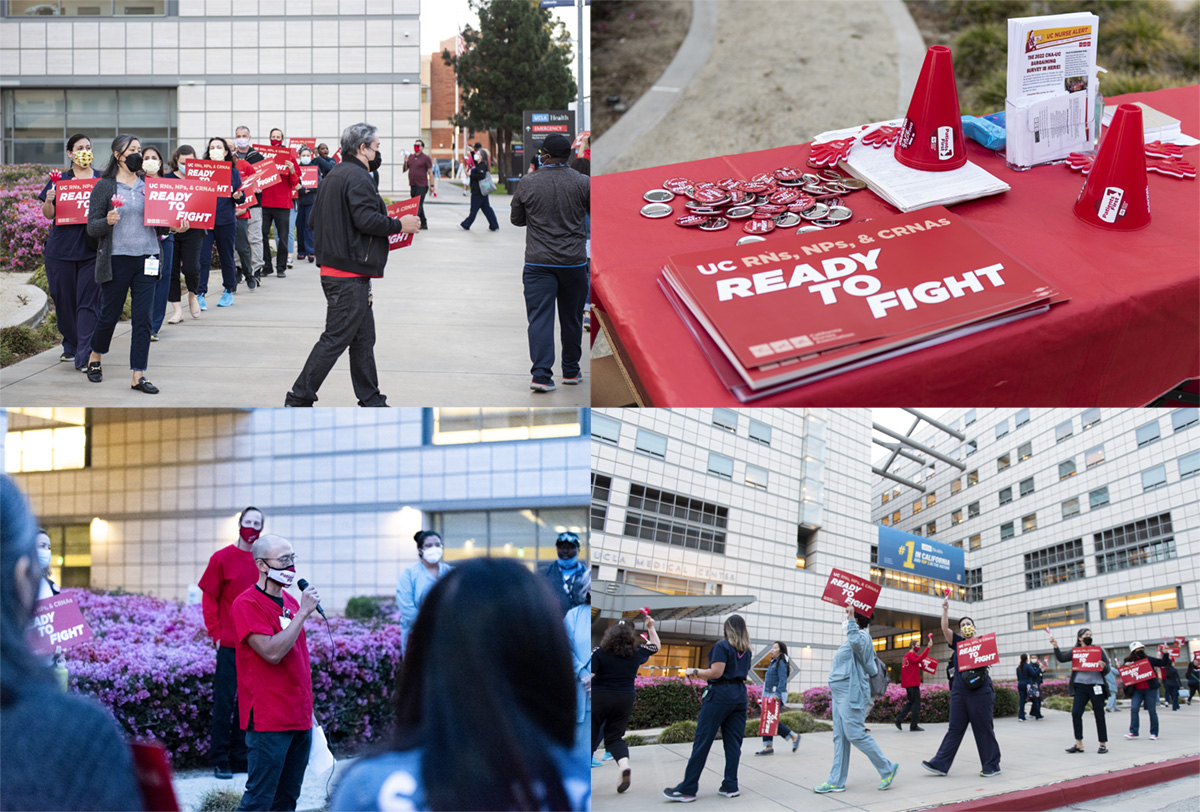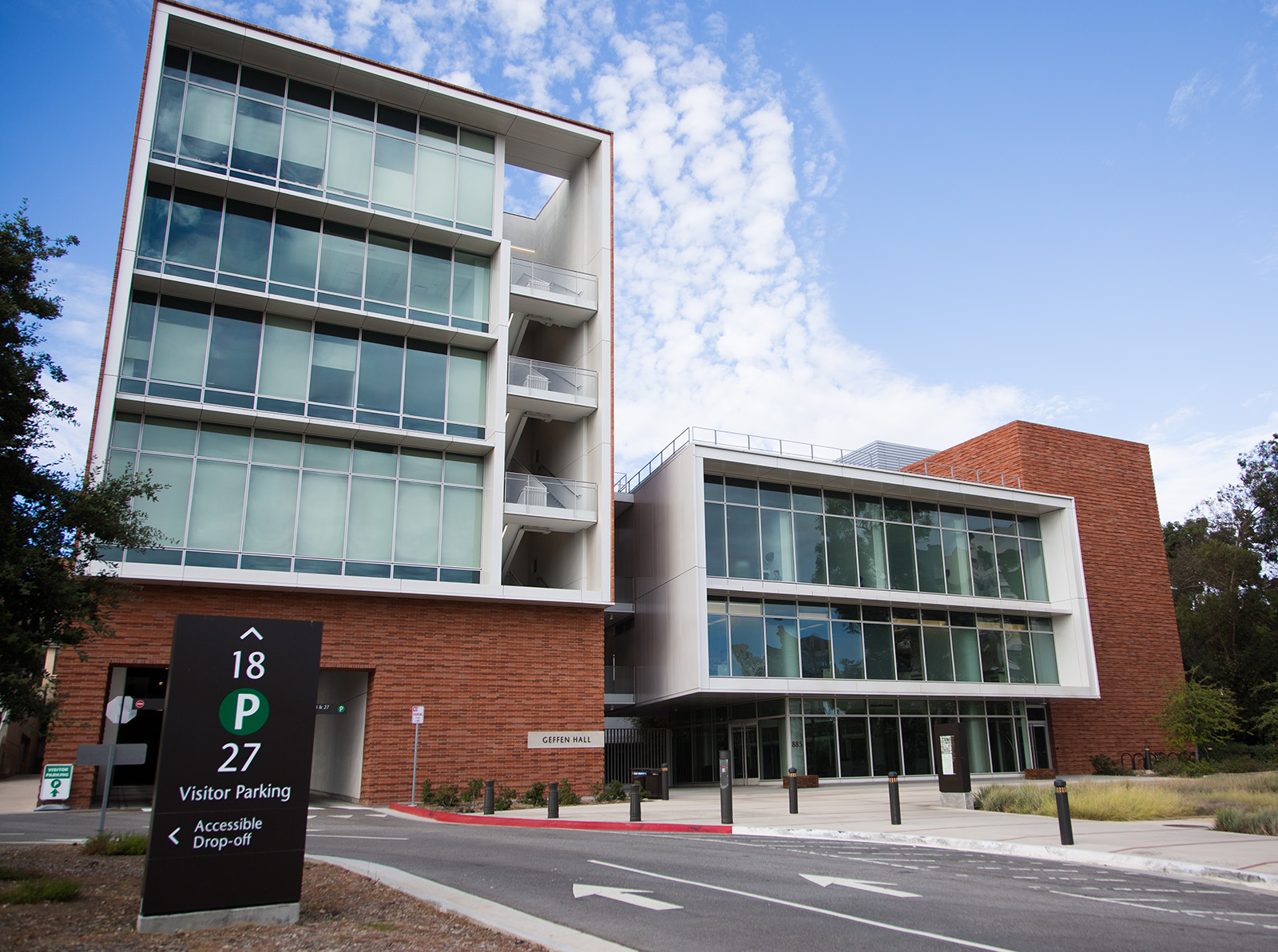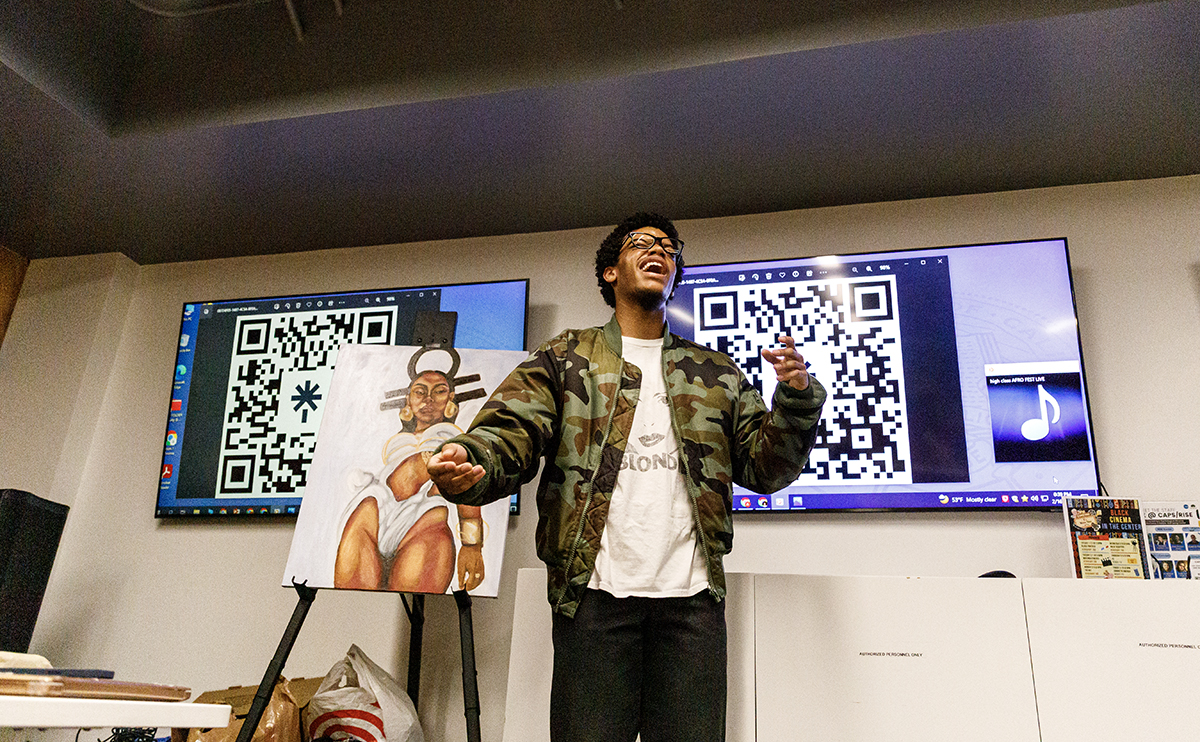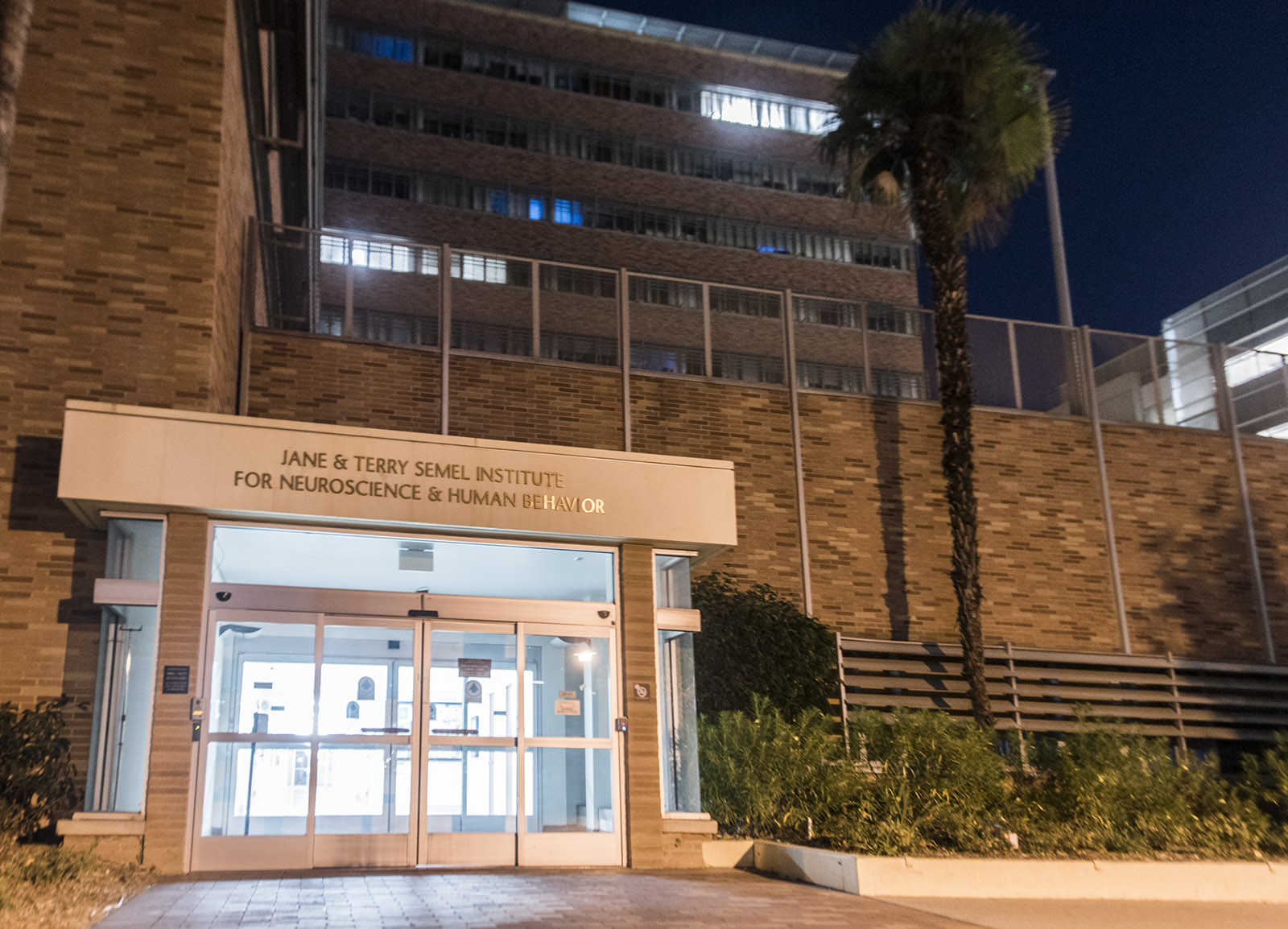Opinion: Listening to patient narratives allows providers to understand, give better care
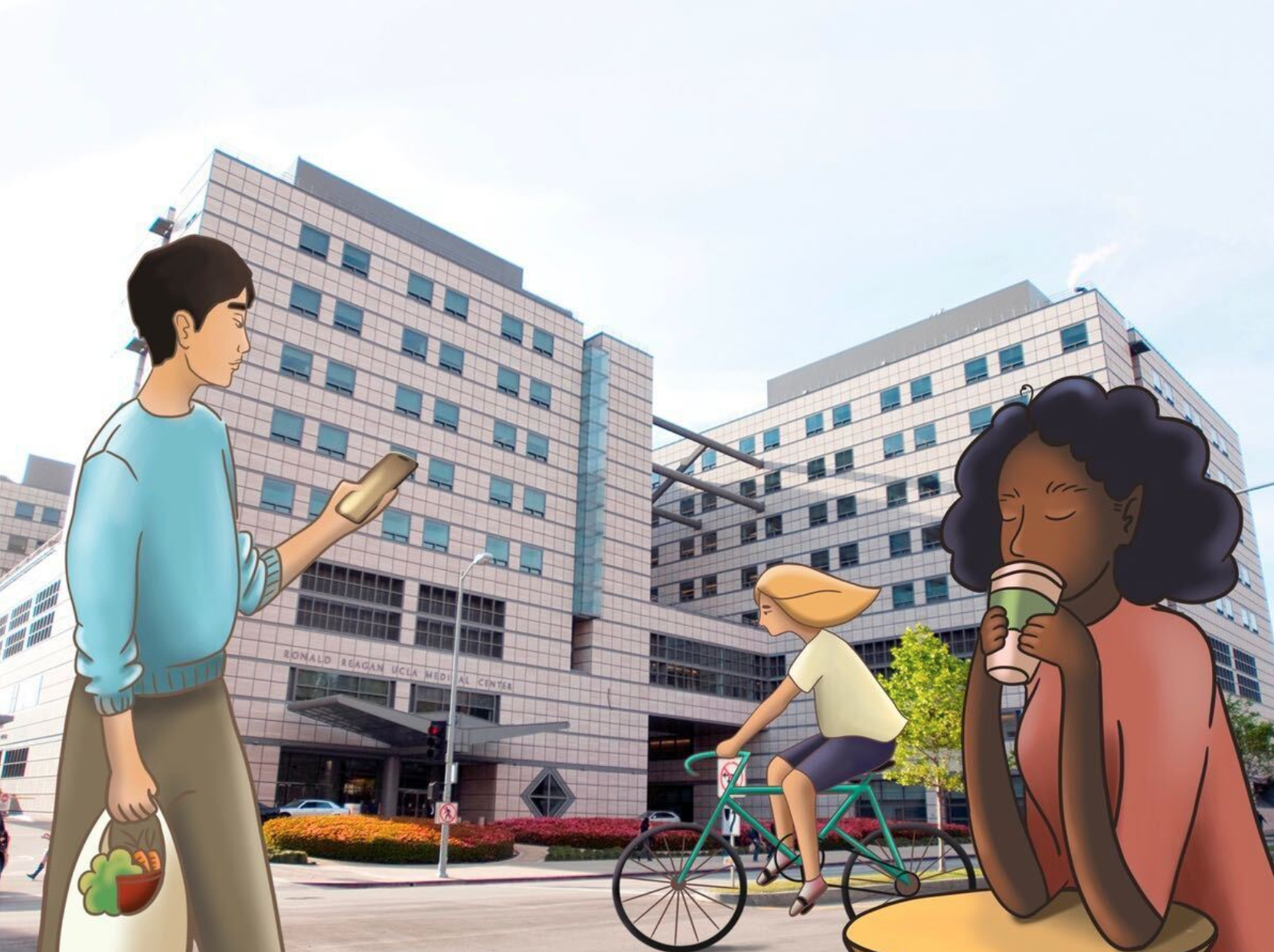
(Tatiana Shkliar/Daily Bruin)
By Tabitha Hiyane
Feb. 25, 2024 6:20 p.m.
This post was updated Feb. 25 at 8:50 p.m.
From the moment we are born into this world, we have stories to tell.
Our mortal bodies carry us through the milestones and intricate plotlines of our lives.
These rich collections of lived experience are shaped by differences in culture, race, gender, religion, class, ability status and other identity markers. By harnessing the power of story, we become more in touch with ourselves, thereby holding greater space for others.
In the context of health care, storytelling empowers patients and health care providers, giving visibility to individuals within vulnerable spaces of illness and suffering. By unraveling these narratives, we are confronted by stories of life and loss, which expand our understanding of the world around us.
Regardless of the shape healing may take, a narrative approach to medicine and attentiveness to individuality in anonymizing biomedical paradigms is a necessary thoughtfulness.
By listening to patients’ histories, providers are not only encouraged to contextualize their patients beyond disease pathology and illness-associated identities, but they can also better empathize with patients and the illnesses they grapple with. Similarly, providers’ stories serve as a therapeutic process, allowing them to reflect and use language to make sense of powerful experiences within health care.
Nevertheless, due to the high demands placed on providers, stories are often overlooked in the need for efficiency and timeliness to meet patient needs. After all, time is a limited resource.
According to the 2017 Medscape Physician Compensation Report, 30% of physicians spent around 17 to 24 minutes with each patient and 29% only spent around 13 to 16 minutes.
While operating within a time-pressed society, it is imperative to recognize the efforts of medical educators who combine clinical knowledge with narratives to bring about quality care. Coming to recognize the richness of the other’s story, patients and doctors can stand as a team, braving the abyss of illness and uncertainty together.
At the UCLA David Geffen School of Medicine, the embrace of a narrative approach to medicine fortifies the teachings of patient-centered care. By calling on students’ empathic capacities, instructors have encouraged them to gather around stories and hone skills of listening and comprehension.
In August 2021, Mark Litwin, Professor and Chair of the Department of Urology, co-led a session for entering medical students called “Intro to Humanities and Narrative Medicine.”
“In order to be a really good all-around physician, you can’t just be super smart or really good with your hands and cutting and sewing, or super good at diagnosis,” Litwin said. “You have to be a physician who really provides care for the patient and not just the disease.”
This sentiment resonates with us all, especially in the aftershock of a global pandemic. In times of sickness and uncertainty, we come to realize pharmaceuticals can only do so much. Caring for both the body and soul are vital in combating illness and striving to heal.
In healing practices, it is one of the most prominent human desires to want to be heard – to communicate the suffering of our stories and have others bear witness to our feelings.
“Any creator of narrative knows observation of small detail and description of small and large details exactly of a particular situation can really feed into how the narrative goes,” Litwin said. “In literature, you’re doing it through text, and in medicine, you have a patient in front of you. And so making small observations is really important.”
In the context of health, language is a significantly powerful tool we have to share our ideas, thoughts, fears and desires.
“Writing … was such a powerful tool to closely examine the most difficult painful experiences in your life,” said Matthew Farrell, a chief resident physician at UCLA’s Department of Radiation Oncology. “And not only process them for yourself, but by communicating with others, you can share the lessons you’ve learned about life and loss.”
The impact of sharing stories seems to concern all of us as individuals who understand our histories through the chronology of narrative. Telling and documenting our stories intertwines the field of evidence-based medicine and the basic principle of caring for one another.
“As individuals, we have a very narrow view of the field,” Farrell said. “We interact with only a certain set of patients – we’re in a certain medical speciality. But by promoting voices from different backgrounds and in different specialties and at different stages in their careers – by reading those experiences, it expands our view of medicine and what it means to take care of patients.”
The centering of stories subverts the “medical gaze” of the clinical sphere, a concept developed by French philosopher Michel Foucault. Rather than the biomedical paradigms which otherwise seek to classify and reduce the body to systems and statistics, the power of narrative helps us understand the depth and richness of human experience both in spite of and shaped by illness. Language becomes a mirror through which we can see ourselves reflected in and, with the wisdom of stories, learn to move with kindness and empathy.
Patient narratives are at the forefront of the U.S. Department of Veterans Affairs’ “My Life, My Story” program initiated in 2013. Narrative here functions as a form of empowerment, granting visibility by bringing these veterans’ stories into the medical file.
This challenges the historically paternalist patient-provider dynamic, treating the patient not as a clinical body of inquiry or agent of disease but as a truly historical, multi-faceted individual facing real struggles of embodiment and seeking meaning among illness.
“It’s an exercise in building empathy and teaching how to listen to people, listen to stories, bear witness with what they’re hearing and being able to process information in a different way,” said Mukta Awasthi, an academic hospitalist and program lead for “My Life, My Story” at the Veteran Affairs Medical Center in Palo Alto.
Program workers interview patients and use their oral histories as the fabric to weave together a cohesive and meaningful short story that captures the key events, characters and themes important to the patients’ identities and values.
“We put this story into the medical chart, and it’s written in first person, so it truly gives that patient a voice in the chart,” said Awasthi, who works as a clinical professor at Stanford University.
This endeavor celebrates the communication of personal stories and strives to strengthen the relationship of trust and understanding between patients and providers. By learning the patient’s values in the context of their life story, the patient affirms a sense of agency in the conversation of their care. The physician is then better informed on how to facilitate medical care and construct treatment plans catered to the patient.
“I think that creativity and the thoughtfulness of the arts can help us become better scientists and better doctors,” Farrell said.
By teaching a creative writing workshop for fourth-year medical students, Farell intends to support the development of confidence in their voices and foster a safe space for reflection.
“I’m hoping that they can learn what a valuable tool reading and writing is for processing the many complex, scary, overwhelming, joyful experiences that working in the medical field involves,” Farrell added.
By focusing on the intricacies of stories, the problem-solving lens of medical care is broadened. The hope is that the light of these stories will not only give voices to people within systems of care but also help foster connection in times of uncertainty for everyone.
In recognizing that human life is often disrupted by the natural course of aging and disjointed by the loss of health, we can hold spaces of ambiguity with our language.
Taking up space and honoring our stories and those of others can, in the light of truth, help us feel less alone in the isolating condition of embodiment and the striving for health that encumbers us all.



